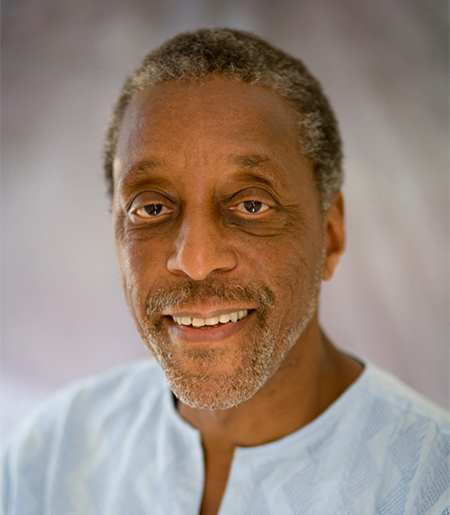In January of 1973, the founding director of the Africana Studies and Research Center (ASRC) at Cornell University, Dr. James Turner, wrote an essay titled, “Library in the Life of Black People.” He directly connected the success of an academic institution to the quality of its faculty and library. He wrote, “The library is an indivisible factor in the equation determining the pride, prestige, and success of most colleges and universities in this country.” He understood that the building of a specialized distinct collection concentrating on the history, culture and life-conditions of people of African descent would aid in expanding teaching beyond the Eurocentric model. The Eurocentric model viewed the world from a western perspective and those of African descent were seen as never contributing to world civilization.
So in talking about the building of a specialized distinct Africana-centered library collection, Turner is challenging long-standing misconceptions of Black inferiority and bringing to the table the demands that Blacks made during the civil rights and Black student movements. Those demands included being treated with dignity and a demand for racial justice and equality. Turner understood that the field of Black Studies and its Africana- centered library stood for much more than the collection of resources.
A big part of the library’s mission was to give voice or empowerment to those of African descent, and allow them to curate a collection that was significant to them and their place in world history. This was part of the call of “education for liberation.” In the book Discourse on Africana Studies: James Turner and Paradigms of Knowledge, Rod Daniels wrote, “A central focus of Black Studies was to address the ‘mis-education’ of students of African descent by providing a critical understanding of their history and culture, an African-centered framework for examining the world, and the knowledge and tools to become change agents for an oppressed people.”
African American journalist Carl Rowan expanded on Daniels’s approach to Black Studies when he captured the role that the library has played throughout time. Rowan wrote: “[The] library is the temple of learning, and learning has liberated more people than all the wars in human history. A Black person who wants to be liberated first needs to get learning. If he does, it will make him a formidable force against a would-be oppressor.” This concept ties directly in to the library being “an agent of change,” or for what many would argue, for “social justice.”
The ongoing vision of the Africana Library is to continue in the rich tradition of Dr. Turner and inspire students, especially Black students, to not only assume professional careers such as the next teachers/professors and research scholars, but be able to speak to the ills of society. An outstanding example is Cornell University/Africana alumna Kimberlé Williams Crenshaw, ‘81, a noted law professor and a leading scholar of critical race theory who has gained much recognition in the theory of intersectionality. This is so apparent in the book she co-edited, Critical Race Theory: The Key Writings That Formed the Movement.
As I write this the protests are still going on in the streets of Minneapolis after the recorded lynching of George Floyd at the hands of former Minneapolis police officers Derek Chauvin, Tou Thao, J. Alexander Kueng and Thomas Lane. There are calls throughout this country for social justice and police reform. I believe that it is important for libraries to understand the role that they have in the fight for social justice. For example, we can look not only to the mission of the John Henrik Clarke Africana Library, which call for the building of an African and African diaspora collection, but libraries like the East Side Freedom Library in St. Paul, Minnesota, who see its mission “to inspire solidarity, advocate for justice and work toward equity for all.” We indeed are “agents of change.”
Sources:
Bobo, Jacqueline, et al. “Introduction.” In The Black Studies Reader. Jacqueline Bobo, Cynthia Hudley, and Claudine Michel, eds. New York: Routledge, 2004.
Daniels, Ron. “Foreword: Reflections on the Life and Legacy of Dr. James Turner.” In Discourse on Africana: James Turner and Paradigms of Knowledge. Scot Brown, ed. New York: Diasporic Africa Press, Inc., 2016.
Shoge Ruth C. “The Library as Place in the Lives of African Americans.” ACRL Eleventh National Conference, April 10-13, 2003, Charlotte, North Carolina. Web
–Kofi Acree
